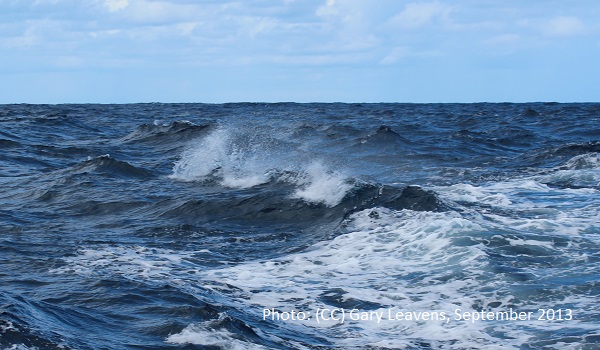The last fortnight has seen a near-non-stop series of shipwrecks and rescues off the Canary Islands, continuing a deadly period throughout August in which 12 lives were lost daily on the Atlantic route. 15 September marked at least 25 consecutive days of arrivals in the Spanish archipelago with more than 2,300 people disembarking. Several hundred people have attempted to enter Spain via the Western Mediterranean route, most of them Algerian nationals. Limited schooling will be offered to some of the 800 children remaining in Ceuta, while others await transfer to municipalities in mainland Spain.
At least 23,400 people have arrived in Spain via irregular routes in 2021, up 47% on 2020. Almost half of these arrivals were via the Canaries. The end of August and start of September has been this year’s busiest period on the Atlantic route, with 2,300 people arriving over the 21 days between 31 August and 10 September. According to the International Organization for Migration (IOM), at least 739 deaths have been recorded on the route in 2021, half of which took place in August. The death toll this year is already double what it was on the same date last year. IOM specifies that even this number represents “minimum figures”, as official data cannot account for the “invisible shipwrecks” never witnessed nor recovered.
Over the last weeks, rescuers have responded to daily distress calls off the Canary Islands. At the end of August, 14 people lost their lives trying to reach the archipelago from southern Morocco. September began with the recovery of 22 female bodies by Moroccan authorities: these women were believed to have left by boat along with 86 others. NGO Caminando Fronteras later reported two boats as missing, one carrying 42 people and a second with 59 people, and their whereabouts remain unclear. On 3-4 September at least four boats arrived on Lanzarote, Fuerteventura and Gran Canaria with a total of 277 people. More than 200 people arrived the next day. During the night of 6 September, two boats carrying 97 people arrived in Gran Canaria and El Hierro. The next day, the NGO hotline Alarm Phone reported at least 83 people in distress, adrift in different vessels. On 12-13 September, at least 123 people were rescued off the Islands, while 14 September was one of the busiest of the year with 400 people rescued. Rescues continued on 15 September with 225 people saved from 6 small boats. Members of the Spanish maritime rescue union described the hectic period marking: “30 days of 24 hours without relief” for eight crew members aboard the Guardamar Talia vessel. Amidst the increased pace of arrivals, the Director of the Canaries’ child and family protection services has urged for 800 foreign children living on the Islands to be transferred to the mainland. The archipelago is predicted to host as many as 3,000 children by the end of the year.
Arrivals to Spain were also recorded in the Western Mediterranean and Alboran Sea, as reported in ECRE’s 17 September article on the Mediterranean. Meanwhile in Ceuta, the Spanish government on 1 September announced a change in policy on the schooling of 800 unaccompanied children after the large-scale arrivals of last May. While only 13 children under the age of 12 will be immediately included in Ceutan classrooms, 260 others will receive Spanish classes and support from counsellors and some may be referred to the state education system. The Ministry of Education nonetheless made clear that the objective remains to repatriate them to Morocco: none will be granted permanent residence in Spain. Another 200 children who are not eligible for deportation are however awaiting relocation to other Spanish communities. So far, 155 children have been transferred from the Spanish enclave. Host organisations have reported substantial improvements in their wellbeing and integration outcomes as a result.
For further information:
- ECRE, Atlantic Route: Almost 200 Lives Lost Over the Past Weeks, Arrivals in the Canaries Doubled from Last Year, NGO Estimates Death Toll up 500% in 2021, September 2021
- ECRE Policy Note: Boosting Asylum in Spain – Making the Most out of AMIF Funding, 2021
Photo: (CC) Gary Leavens, September 2013
This article appeared in the ECRE Weekly Bulletin. You can subscribe to the Weekly Bulletin here.

